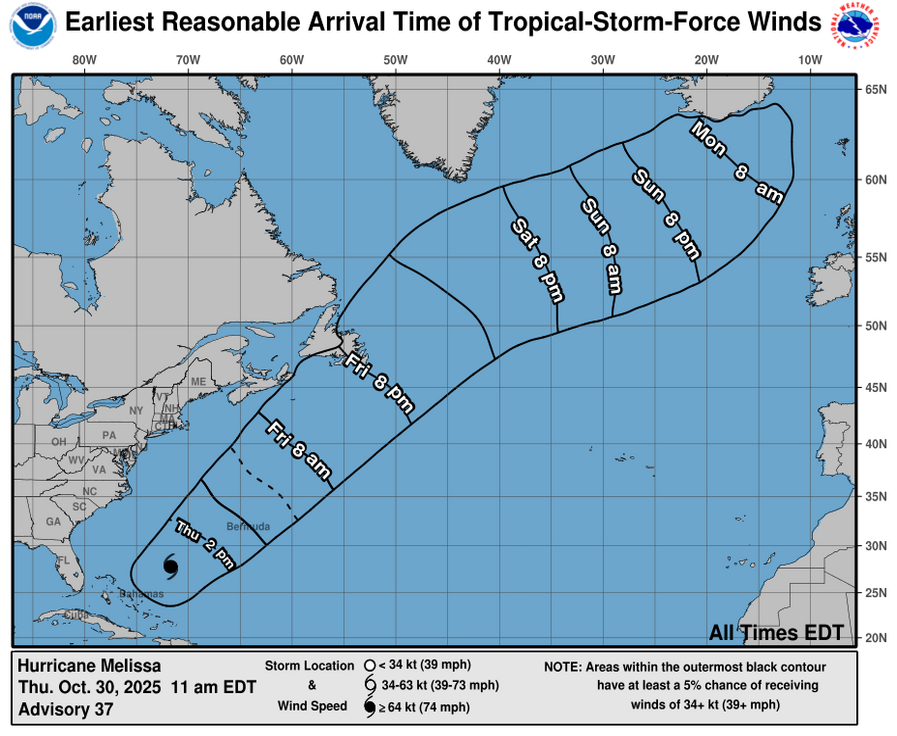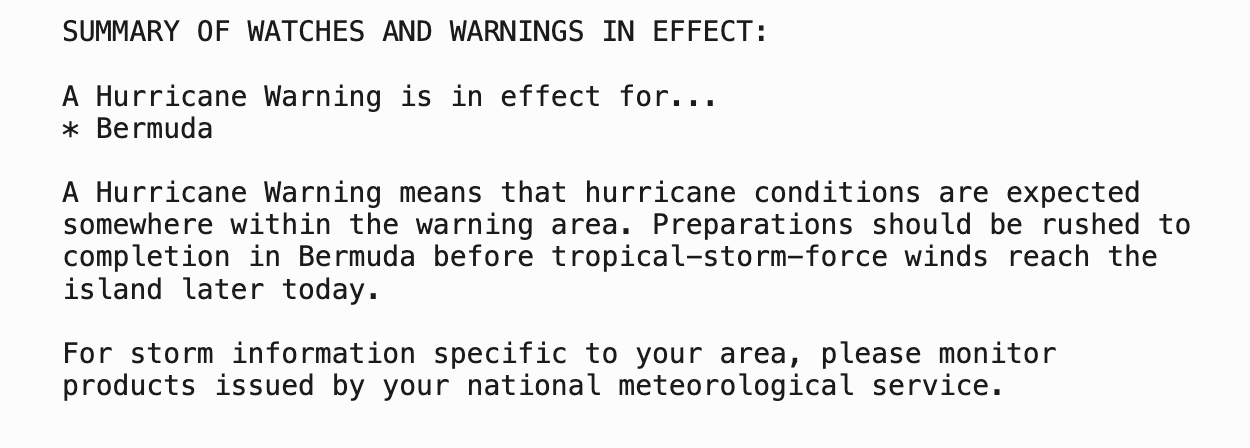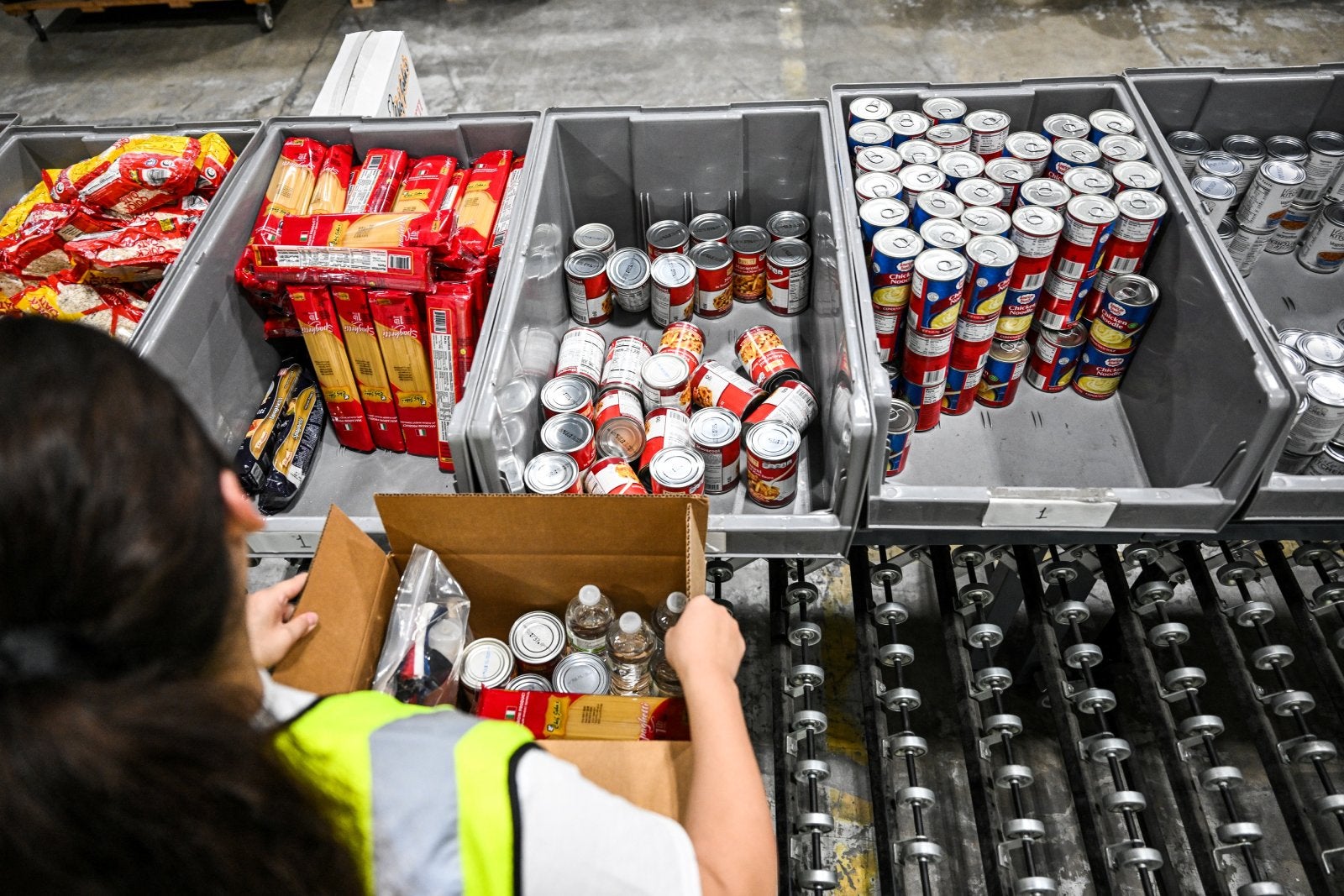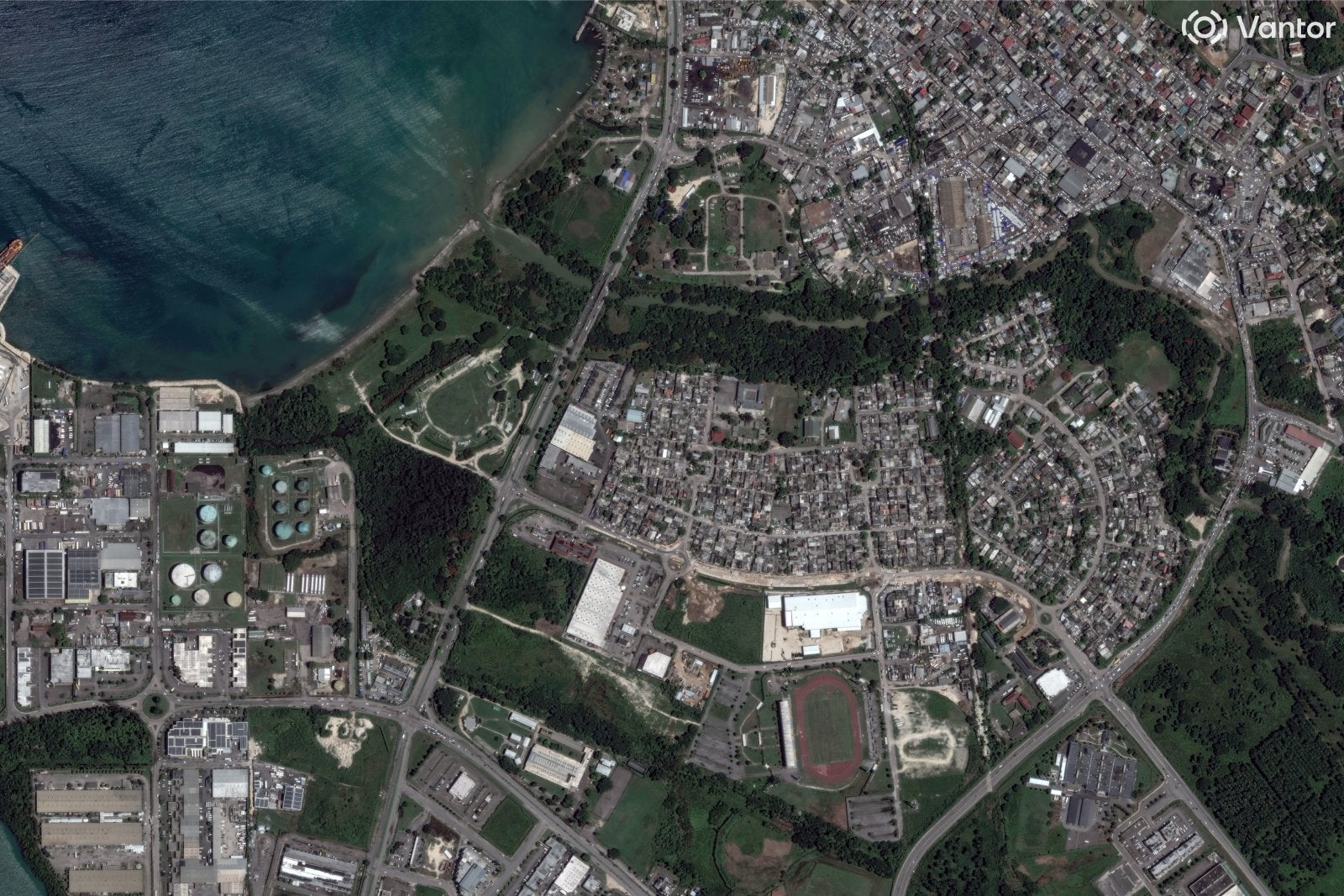When Hurricane Melissa hit Jamaica on Tuesday, it was one of the most powerful hurricane landfalls on record in the Atlantic basin. In addition to leaving behind catastrophic damage in Jamaica, Melissa also left behind a path of flooding and destruction in Cuba and Haiti on Wednesday.
Melissa is expected to pass to the northwest of Bermuda on Thursday evening, according to the National Hurricane Center. It is currently a Category 2 storm with maximum sustained winds of 105 mph.
Here’s what you need to know if you have plans to travel to the Caribbean or Bermuda in the near future — and what you can do to help in the storm’s aftermath.
Related: Top travel mistakes to avoid during hurricane season
1 of 2
Satellite imagery shows widespread muddy floodwater flowing into coastal areas near Montego Bay, Jamaica, on Oct. 29, 2025, following Hurricane Melissa. VANTOR/GETTY IMAGES
Where is Hurricane Melissa?
Hurricane Melissa is currently a Category 2 hurricane traveling on a northeast trajectory toward Bermuda. It mostly affected the northeastern part of the Caribbean Sea in the Greater Antilles on Tuesday and Wednesday and left wide-ranging, sustained damage in its path.
“Tropical storm conditions will begin on Bermuda late this afternoon or early this evening, with hurricane conditions expected there tonight,” the NHC said Thursday.

Last year, Hurricane Beryl took a similar path over Jamaica as a Category 4 storm and caused widespread electrical and communications infrastructure damage. That storm headed northwest to the Gulf of Mexico.
Is it safe to travel to the Caribbean or Bermuda?
Since the Caribbean is one of the largest seas on Earth, sprawling across over 1 million square miles, many areas did not feel the full force of Melissa’s wrath. For example, islands like Aruba, which are closer to South America, saw some rain last week as the storm made its way west, but sustained no damage.
However, if you are planning to travel to Jamaica, know that the island was directly hit by a Category 5 hurricane and electricity and other infrastructure could be offline for weeks to months.
The NHC has issued a hurricane warning for Bermuda.

In addition to Haiti and Cuba, which were also directly in the hurricane’s path, nearby islands that felt the effects of Melissa include the southeastern Bahamas, Turks and Caicos, and the Dominican Republic. Wave swells that can cause life-threatening surf and rip current conditions are expected to reach Bermuda on Thursday.
If you have a trip to the Caribbean scheduled, you’ll want to stay abreast of the developments in your specific destination.
Airport closures and airline waivers
Both of Jamaica’s main airports closed this past weekend ahead of the storm. Norman Manley International Airport (KIN) in Kingston reopened Wednesday for relief flights and Thursday morning for commercial flights with a limited schedule. Although it sustained damage, Sangster International Airport (MBJ) in Montego Bay was expected to reopen Thursday for relief flights, but remains closed to commercial flights.
Airlines that service Jamaica and other islands are offering various travel waivers. The particulars of each waiver vary, but they generally apply to flights to, from or through various airports in Jamaica and other islands. With the waivers, travelers can change their flights without having to pay a fare difference.
Here are a few airline waiver examples:
- Delta Air Lines: For the Oct. 25 to Nov. 2 travel schedule to, from and through Bermuda, Jamaica, and Turks and Caicos, travel must be rebooked by Nov. 5. There is no change fee, but passengers will need to pay the difference in ticketed price for travel after Nov. 5.
- United Airlines: For travel scheduled to and from Jamaica, the Bahamas, Grand Cayman, and Turks and Caicos from Oct. 25 to 31 and Bermuda from Oct. 30 to Nov. 2, there is no change fee or price difference charged for flights until Nov. 7 for most of the aforementioned islands and Nov. 9 for Bermuda. United also extended its travel waiver for flights to and from MBJ in Montego Bay for the Nov. 1 to 8 period, with no change fee or price difference charged for flights until Nov. 21. (Note there are no change fees on United at any time.)
- American Airlines: The change fee for flights to and from Bermuda will be waived for scheduled travel from Oct. 30 to Nov. 2, and changes must be booked by Nov. 2.
- JetBlue: Change/cancellation fees and fare differences are waived for travel to and from Jamaica from Oct. 25 to Nov. 8; customers may rebook their flights through Nov. 16. For flights to and from Turks and Caicos, fees and fare differences are waived for travel from Oct. 28 to 30, and flights can be rebooked through Nov. 5. For flights to and from Bermuda, fees and fare differences are waived for travel on Oct. 30, and flights can be rebooked through Nov. 7.
Check with your airline for more details if you have travel coming up this week.
What to do if you have a trip booked
If you reserved directly with a hotel, first check its website and see if it has posted any updates. You can also call the hotel directly or the main reservations number. Keep in mind that many properties are likely managing the crisis, so calling the property directly should be a last option.
If you booked through a third-party online travel agency or an aggregator like Expedia or Travelocity, it’s important to understand the cancellation policy. The OTA still owns your reservation prior to your travel; if you contact the hotel directly, it will likely refer you back to the OTA or travel portal for assistance.
If you have a cruise planned to the Caribbean or Bermuda, check with your cruise line about updated sailing plans.
Related: Cruising during hurricane season: What to know
If you have already purchased travel insurance, then you should be able to recoup all your trip expenses if you are traveling to an area directly affected by Hurricane Melissa. As we’ve reported previously, the time to buy insurance is before a storm is named. Once it has been identified, it becomes a “known event,” and you can no longer purchase coverage for that storm.
According to TPG’s comprehensive guide on credit cards that include trip cancellation and interruption insurance, this type of insurance generally covers nonrefundable expenses if you need to cancel your trip (or the remainder of your trip) due to a natural disaster. However, credit card insurance policies vary, so check your benefits guide for specific exclusions.
And remember, credit card travel insurance only applies to purchases made on that card, so if you used a different payment method for portions of your trip, you won’t be covered for that.
Related: 4 times your credit card’s travel insurance can help with travel woes, and 7 times it won’t
How to help

To make a contribution to Jamaica’s national relief efforts, donate directly through supportjamaica.gov.jm.
Here are other options to explore:
Airbnb.org — the nonprofit arm of Airbnb — is also offering free emergency housing in the Caribbean to first responders in partnership with All Hands & Hearts and Haiti Air Ambulance. Airbnb.org is also collaborating with local governments and nonprofits to determine how best to assist displaced people with housing following the storm. To help, visit airbnb.org/hurricanemelissa to make a donation or provide a place to stay if you’re a host.
Bottom line
Hurricane Melissa, an incredibly forceful Category 5 hurricane, made landfall in Jamaica on Tuesday afternoon and left a path of destruction on the island. It made landfall in Cuba as a Category 3 storm on Wednesday and is expected to pass northwest of Bermuda on Thursday.
If you have plans to travel to an area affected by the hurricane, it would be prudent to cancel or delay your plans until later.
For more helpful tips on navigating travel during hurricane season, read:

